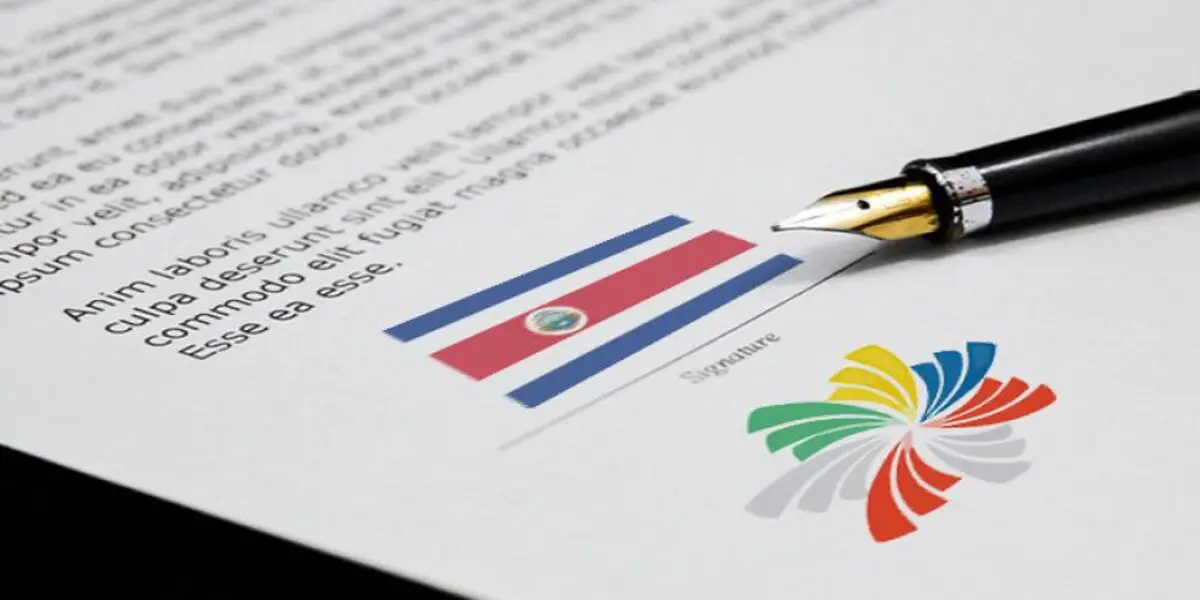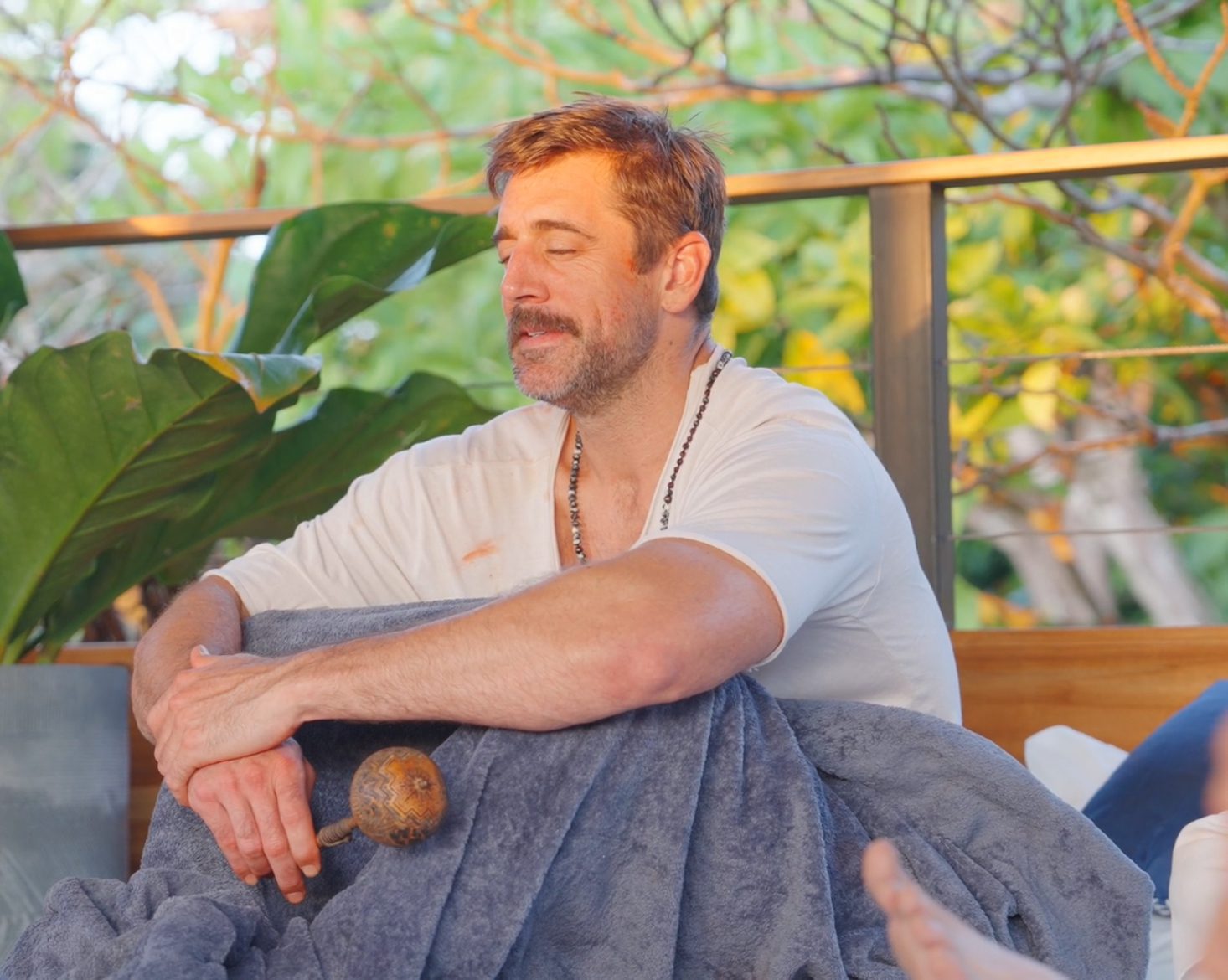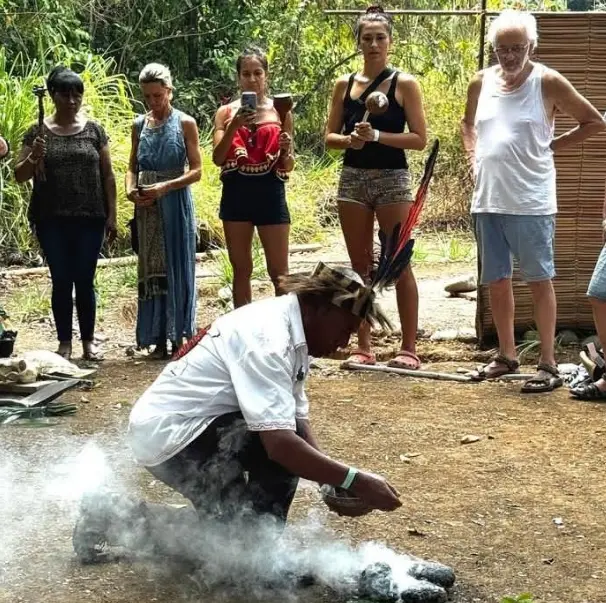Congressman Leslye Bojorges of Costa Rica’s PUSC political party presented a bill to allow the controlled hunting of crocodiles and caimans in Costa Rica. Bojorges seeks a change to the Wildlife Conservation Law, which would require Costa Rica’s National System of Conservation Areas (SINAC) and the Ministry of Environment and Energy (MINAE) to develop and implement a specific management plan.
The project aims to control and monitor both species nationwide. Additionally, it proposes creating an operational methodology that includes an annually updated crocodile population study, along with programs and protocols for immediate management, relocation, capture, monitoring, controlled hunting, and the placement of warning signs in high-risk zones, particularly in tourist areas or regions with frequent human-crocodile interactions.
According to the project’s statement of purpose, growing public safety concerns stem from an increase in crocodile sightings, especially in areas like the Gran Humedal Tempisque, which has the highest density of crocodiles in Costa Rica, with an estimated 2,315 individuals.
Such an approach, Bojorges claims, would provide “an effective method” to manage crocodile populations and “allow the capture of individuals that pose a risk to communities, while protecting crocodiles in areas where their presence is less problematic.” “The presence of crocodiles and caimans in Costa Rica’s coastal areas creates a series of issues affecting local communities and tourism. These problems also have economic impacts, as crocodiles pose a real risk to the safety of residents and visitors,” said the congressman.
In August, a study by SINAC, in collaboration with specialists from the National University (UNA) and other professionals, concluded that Costa Rica does not have an overpopulation of these reptiles. The Association of Veterinarians of Costa Rica recently issued a statement emphasizing that crocodile sightings are linked to their reproductive season, occurring from September to December, rather than overpopulation. They also highlighted crocodiles’ role in maintaining ecological balance by biologically controlling other species and regulating their own populations, which supports ecosystem health.
“Hunting in Costa Rica is prohibited by law, and there is an extreme environmentalist lobby that will create resistance. However, the truth is that a crocodile management plan is needed. While technicians report no overpopulation, I have witnessed public concern, and we must assess whether there is a real problem,” Bojorges said.
Crocodile and caiman hunting has been banned in Costa Rica since the early 1990s, after reports of overexploitation in previous decades led to their classification as endangered species.
Source link
Tico Times



